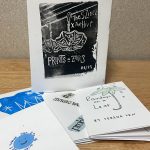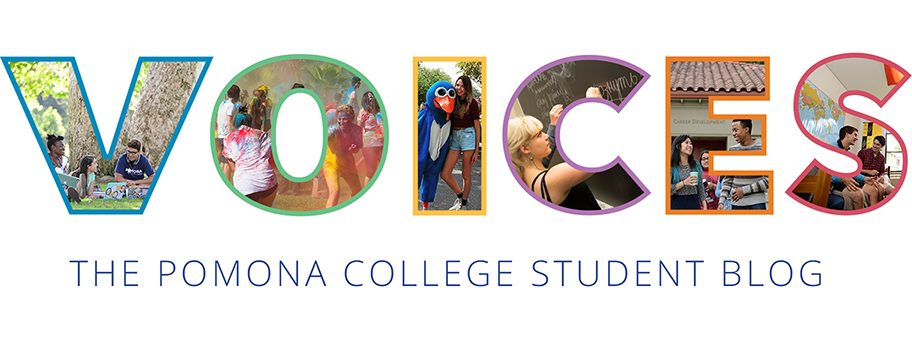By Serena Lin ’25
If you’re a high school senior trying to decide which college to attend, you’ve probably heard the conventional Pomona sales pitch: small class sizes, “liberal arts experience,” being in the Claremont consortium, and good weather.
But what does that actually mean?
Here are four unexpected benefits of going to Pomona College.

1) Exploring
One of the perks of going to a small college are the variety of opportunities you’ll have. I’ve gotten to try everything from ballroom dance to comedy, woodworking, and learning new languages at Oldenborg Center for Modern Languages and International Relations (Oldenborg has a dining hall with language tables every weekday at lunch).
2) Fascinating Intersections
At Pomona College, you don’t have to put yourself into a box. I’m a neuroscience major, but most of my extracurriculars are business related, such as being part of Pomona Ventures (a 5C entrepreneurship club that hosts SageTank, a student startup pitch competition modeled after Shark Tank.)

I’m also part of a club called 5C Zines, which gathers to make written/ artistic zines. Despite seeming “arts and craftsy,” the club is mostly STEM majors and Harvey Mudd students, which goes to show that there is such an interesting variety of students across the 5C’s.
3) Unexpected Connections!
I’m currently taking a neuroscience class called “The Stressed Brain.” It’s fascinating how much overlap there is between neuroscience and other topics such as user-app interaction in my “Intro to Digital Media Studies” class. The benefit of interdisciplinary education is that there are so many more connections to the real world. For example, in both The Stressed Brain and my Digital Media Studies class we talked about the significance of social connection for mental health, and how technology can moderate that experience.
4) Genuine Conversation
When I tell my friends, family, and mentors about my time at Pomona, I frequently use the phrase “deep laughter, deep thought.” Even as an introverted first year, it was easy to make friends and start conversations. A year later, I’m grateful for all of the friendships I have made. It’s remarkable how you can shift from discussing ethical dilemmas into the fun spontaneity of midnight fountainings, karaoke in the Blaisdell lounge, or making crafts at the Hive.
